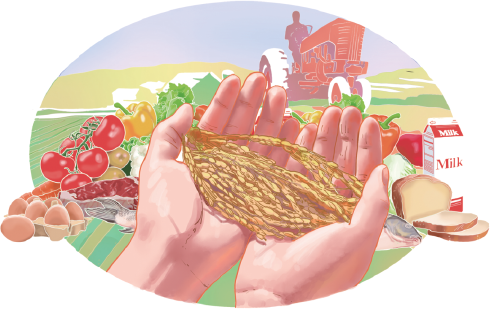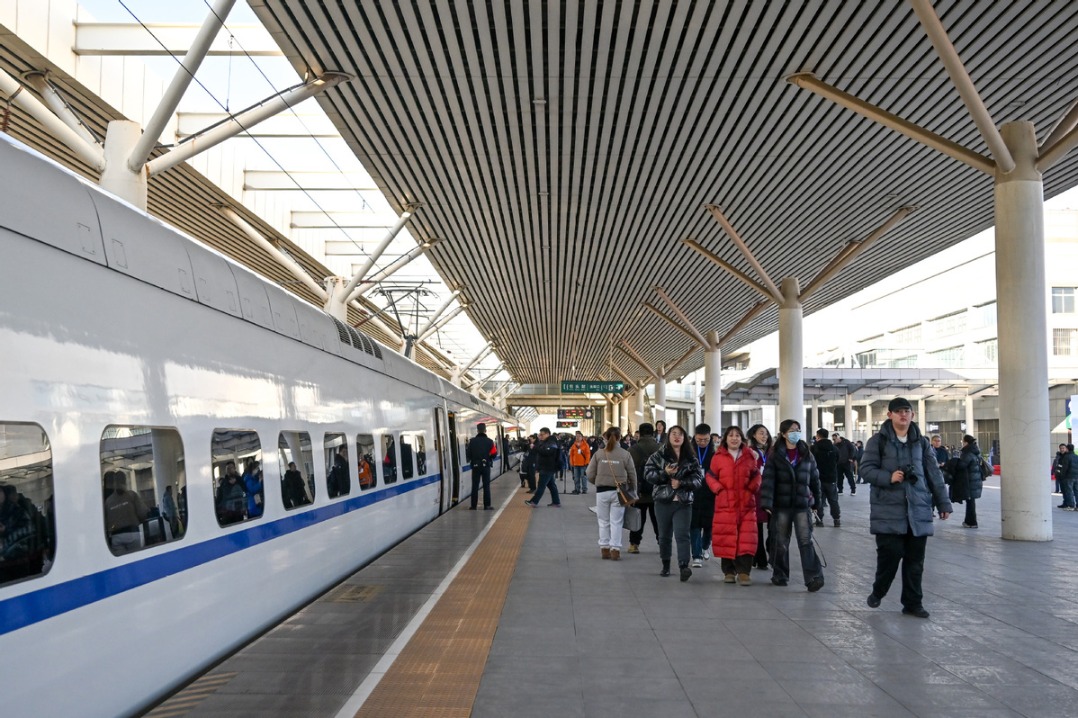Reducing grain loss and waste crucial to ensure food security


The general offices of the Communist Party of China Central Committee and the State Council, China's Cabinet, recently issued an action plan specifying a series of rules for grain conservation.
According to the plan, by 2025, China will work out detailed measures for grain conservation and loss reduction in each link of the grain industry's chain and establish a set of standards to save grain and monitor the system.
Taking measures to reduce food loss and waste is of great significance in a country with a population as large as China's. Since the 18th National Congress of the CPC in 2012, the country has stepped up efforts to promote thrift and fight food waste.
As the world's largest grain producer and consumer, China has to take serious steps to prevent grain waste, and the task of reducing loss across the grain industry's chain remains arduous.
The action plan aims to achieve tangible results in saving grain and reducing loss in all links of the industrial chains and lay a solid foundation for the building of a higher-level, higher-quality, and more efficient and sustainable national food security system.
To increase food security, China must place equal emphasis on both increasing production and reducing loss.
According to the United Nations Food and Agriculture Organization, the annual global grain loss from production to retail accounts for about 14 percent of the world's grain output.
A percentage point reduction in grain loss means saving more than 27 million tons of grain, enough to feed 70 million people a year. Reducing grain loss thus is an important part of improving food security.
According to the action plan, China will take comprehensive measures during grain production, storage, transportation, processing and consumption to reduce loss and establish a whole-chain loss-reduction system.
Years of efforts have helped China consolidate its agricultural foundation.
However, it is difficult to increase the yield or grain-growing farmlands despite the growth in demand due to resource and environmental constraints.
As COVID-19 continues to spread around the world and the impact of climate change intensifies, it is becoming increasingly difficult to ensure the stability of food supply chains. Therefore, new technologies must be used to ensure food security and overcome food challenges through innovation.
By launching and strengthening an innovation-led campaign, China can more effectively prevent food loss and waste.

































